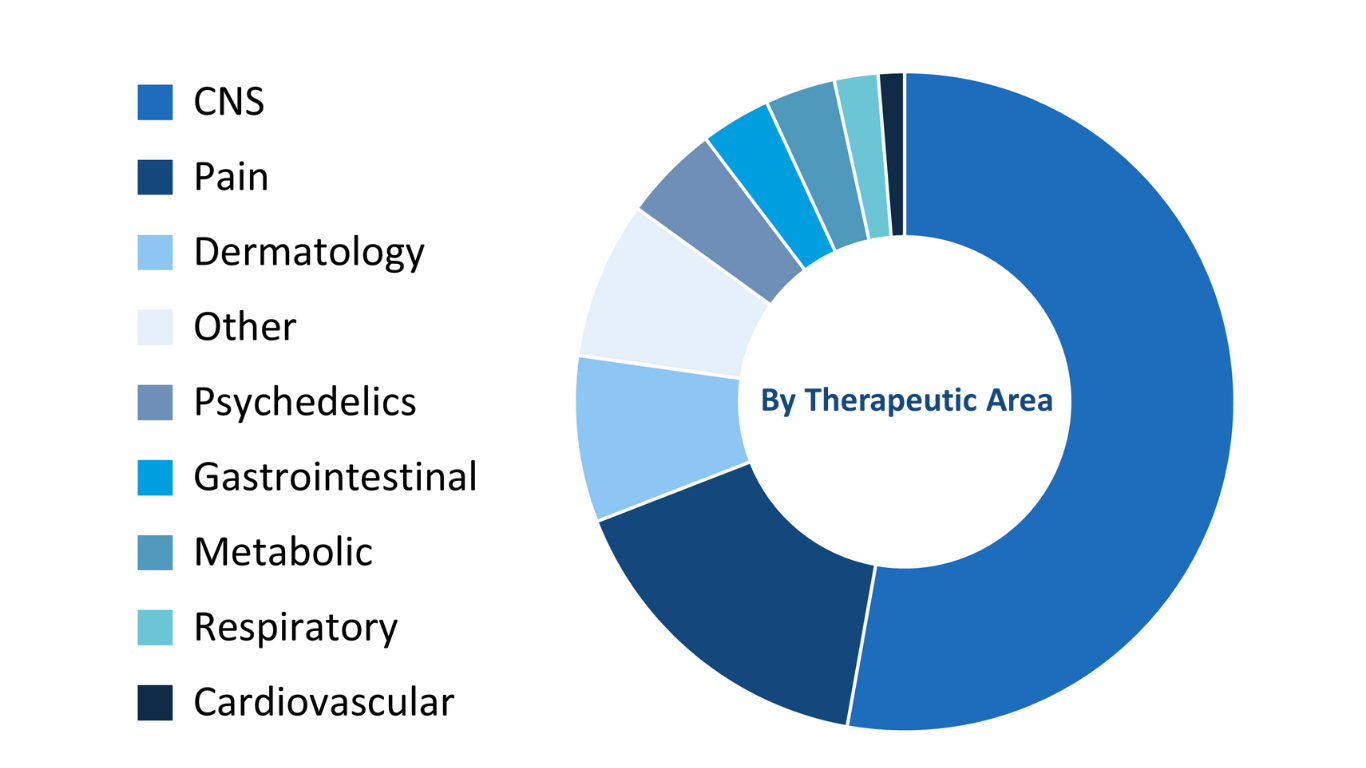Contract Research Organisations (CROs) are often associated with the operational side of clinical trials: patient recruitment, data management, site monitoring and logistics. While those tasks are essential, they represent only part of the picture. In reality, a CRO’s contribution often begins well before a study starts and continues long after it ends.
We recently ran a LinkedIn poll asking which CRO service surprised people the most. The majority (71%) chose post-trial regulatory support. That result suggests many researchers and Sponsors may not fully realise how extensive and strategic a CRO’s role can be.
Here are five areas of CRO involvement that are often overlooked but can make a critical difference to a study’s success.
1. Protocol development starts earlier than most expect
It’s a common assumption that a study protocol must be finalised before involving a CRO. In practice, the best results come from engaging a CRO early, when they can contribute scientific, operational and regulatory insight to the design process. A protocol can look sound on paper but fail in the real world if, for example, the eligibility criteria are too restrictive, the visit schedule is unrealistic, or the endpoints don’t align with regulatory expectations. A CRO with real-world delivery experience can identify these risks in advance, helping prevent costly amendments, delays, or recruitment challenges further down the line.
2. Feasibility is a detailed planning process
Feasibility is sometimes viewed as a surface-level task, estimating how many patients a site can enrol or how long recruitment will take. In practice, it’s a deep analytical process that considers site infrastructure, patient availability, trial competition, regulatory timelines and logistical constraints. A CRO uses historical performance data, longstanding site relationships and an understanding of local and regional patterns to make feasibility assessments. This level of planning helps build timelines and budgets that are realistic, not optimistic, and can prevent surprises once the trial is underway.
3. Regulatory support continues long after ethics approval
As our poll confirmed, one of the most surprising aspects of CRO involvement is the extent of regulatory support provided after a trial begins and even after it ends. Many Sponsors focus heavily on gaining regulatory approvals to get a trial started, but obligations don’t stop there. Once the final patient has completed their last visit, regulatory tasks continue. These include compiling the final Clinical Study Report, submitting results to trial registries, managing safety updates, responding to data clarification requests from authorities and archiving essential documents. A CRO can also handle protocol amendments, safety reporting and regulatory interactions during the study itself. For trials intended to support future licensing or publication, this stage is crucial and often underestimated.
4. Patient retention is a strategic consideration
Recruitment is widely recognised as a major challenge in clinical trials, but retention is just as important and often less appreciated. If too many patients drop out, timelines slip and data quality suffers. Effective retention begins during study planning. CROs work with Sponsors and sites to build in strategies that keep patients engaged throughout the study. This might involve reminder systems, support with transport or childcare, flexible visit schedules and continuous site engagement. These tactics help reduce missed visits, early withdrawals and protocol deviations. They also generate insights that improve retention planning for future trials.
5. CROs think beyond the immediate study
While some trials aim to answer narrow questions, others form the foundation for regulatory submissions, commercial planning or future development. A good CRO keeps this broader context in mind. They may flag a safety signal that, while technically within protocol, could raise concerns during ethical or regulatory review. They might suggest collecting additional data that, though not strictly required, could add weight to a future submission. They can also help future-proof the study by advising on consent language that complies with evolving data privacy regulations. This forward-looking mindset ensures the study delivers value beyond its immediate objectives and reduces the risk of delays or repeat work later on.
CROs do far more than manage logistics. From early-stage design input and strategic feasibility to regulatory guidance and long-term planning, their work touches every phase of the trial lifecycle. These contributions are often less visible than site monitoring or data management, but they are no less critical. For Sponsors, especially those new to clinical research, understanding the full scope of CRO capabilities can unlock stronger partnerships and more successful studies.
Partnering with the Right CRO
Choosing the right CRO can significantly influence the success of a clinical trial. At MAC, we bring over 30 years of experience in the medical research industry and offer a model that gives Sponsors both confidence and control.
In addition to contracting with sites across the globe through our extensive partner network, we also own and operate our own network of clinical trial sites in the UK. This unique combination enables us to offer the agility of global reach alongside the benefits of direct oversight – supporting faster start-up times, consistent processes and high-quality data delivery.
We help Sponsors stay focused on what matters most: advancing treatments that make a real difference to patients’ lives.
Contact us to find out how we can help support your study here.











